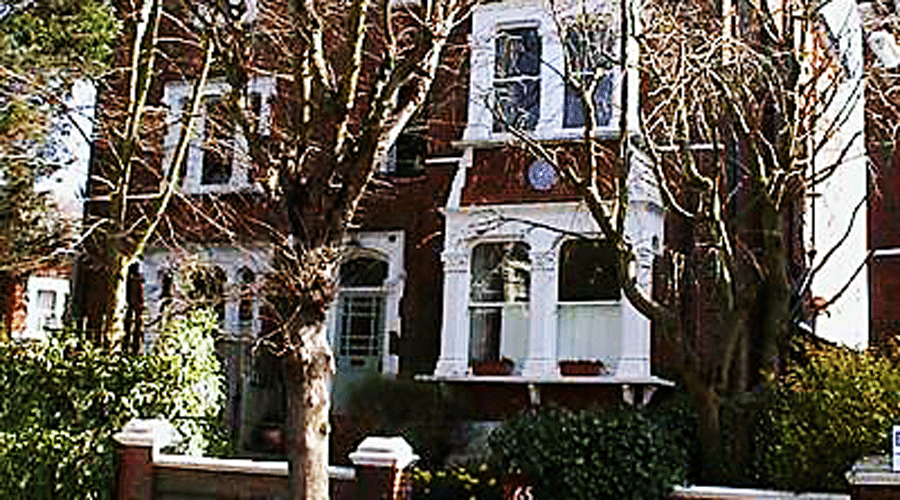The proposed tax on carbon-intensive imports by the UK may prove to be a major stumbling block in the free trade talks with India.
The trade representatives of the two countries are scheduled to meet in London on April 24.
Earlier on Monday, a British newspaper reported that India had “disengaged” from the talks after London failed to condemn Sikh separatists, which was strongly denied by the officials.
An official in India’s foreign ministry said progress in the trade talks and New Delhi’s concerns around Sikh separatist activities in Britain should not be interlinked.
But the talks are gradually moving towards regulatory standards such as the carbon tax from tariff reductions that could hamper the negotiations.
Initial indications are that the UK is considering a carbon tax similar to the EU, which proposes to levy steep tariffs on imports with higher carbon footprints.
An EU-style carbon border adjustment mechanism (CBAM) is expected to dent India’s metal exports to the UK even if the two countries agree on significant tariff concessions, analysts said. India and the UK have completed six rounds of negotiations and are expected to sign the agreement shortly.
Commerce ministry officials said the trade negotiations go haywire when such new regulations are introduced as talks are held based on several studies on the likely impact of different tariff measures. Such non-tariff measures take the trade talks off the tangent.
The UK has initiated consultations to levy the Carbon Border Adjustment Mechanism (CBAM) from 2026, the same year as the EU. The objective is to prevent the shift of manufacturing to countries with lower or no carbon tax.
The UK will also introduce Mandatory Product Standards (MPS) by 2027 to prohibit the import of products with high emission intensity.
“The CBAM will result in the UK gradually taxing all imports at rates much higher than its current import tariff rates. The UK’s average tariff rates are less than 2 per cent. These may become zero post-India-UK FTA. But Indian exports will still need to pay carbon tax at much higher rates,” Ajay Srivastava, co-founder of Global Trade Research Initiative, said.
India has opposed measures such as CBAM and has called it “discriminatory” in a letter to the WTO.
Biswajit Dhar, trade economist, Jawaharlal Nehru University, said: “The trade talks are veering towards regulatory standards which have significant larger implications and needs to be studied before moving towards any kind of agreement.”
“There are several contentious issues in these standards relating to environment, labour, IPR, data protection among others, which would require changes in Indian laws if we were to accept the demands of the UK and the EU,” he said.











